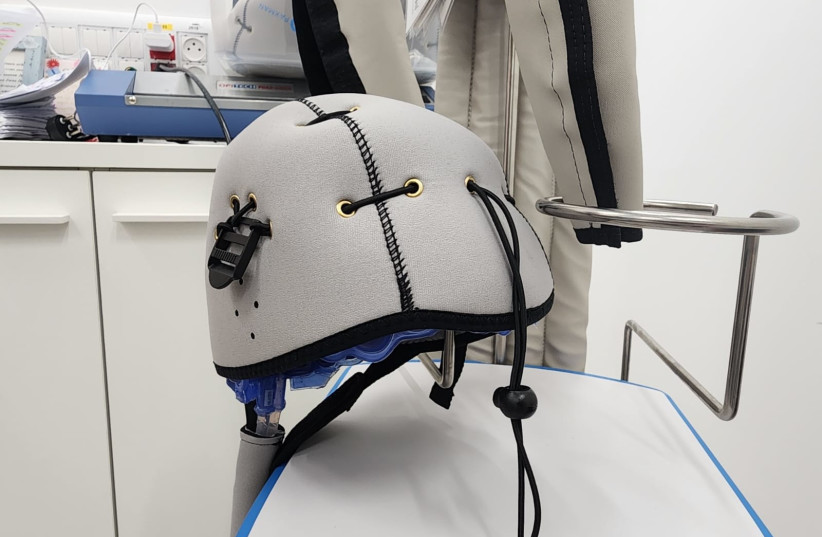A hospital in Ashdod has helped decrease hair loss for people who are going through chemotherapy treatment for a cancer diagnosis. The treatment, known for causing hair loss in patients, aims to help decrease stimulants leading to hair loss through cooling caps.
A special treatment that has so far helped prevent 70% of hair loss has come into use at Samson Assuta Ashdod University Hospital. This treatment comes in the form of a special hat that the patient wears during cancer treatment. While wearing the device, cooling fluids are injected into it that helps keep the temperature of the scalp up to only 20 degrees Celsius (68 degrees Fahrenheit).
During cancer treatments, the follicles around the hair root shrink and the blood does not flow to the hair root. Because of this, it does not damage the hair root as a result of the chemotherapy process.
This treatment is available to patients at Assuta without any need for a referral or a unique commitment but as part of the treatment routine.

Technological advancement crucial in treating cancer
"Fortunately, technological progress makes it possible not only to deal with the disease itself but also with the side effects derived from [cancer] and the treatments for it. The phenomenon of hair loss for chemotherapy patients has caused them great trauma. Fortunately, today we have taken another step towards making this phenomenon a thing of the past," stated Dr. Larisa Rivo, director of the Oncology Institute.
"Cancer is a complex and challenging disease, but unlike in the past, today's medicine has a wide variety of tools to treat, deal with, and cure it. Technological progress means that many diseases can now be dealt with and even beaten," she added.
